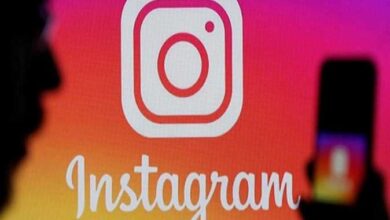“Technology and Mental Health: How to Balance the Benefits and Risks?”
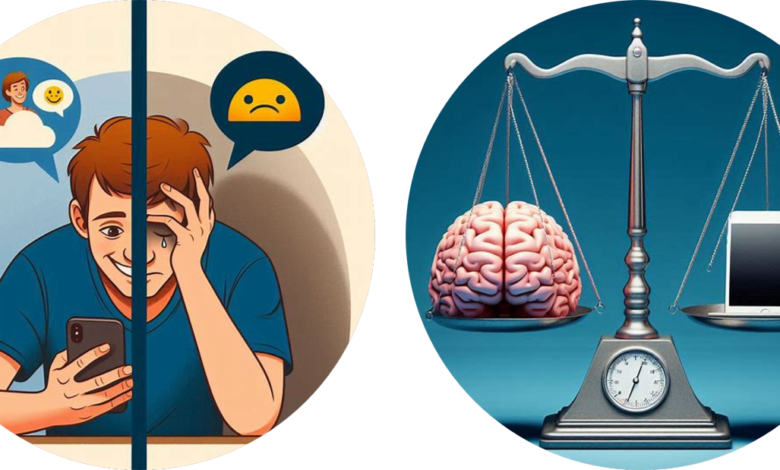
Technology and Its Impact on Mental Health: Benefits and Drawbacks of Digital Addiction
In today’s digital age, smart devices and the internet have become integral parts of our daily lives. However, the impact of technology on mental health has become a critical topic that warrants attention and research. In this article, we’ll explore how technology can benefit mental health and the risks posed by digital addiction that threaten our emotional well-being.
Benefits of Technology on Mental Health
1. Social Connectivity and Strengthened Relationships
Technology enables people to stay connected with their loved ones, even across long distances. Social media platforms like WhatsApp and Facebook help strengthen social bonds and alleviate feelings of loneliness.
2. Easy Access to Mental Health Support
With the advancement of health tech, accessing therapy sessions online has become easier. Platforms like BetterHelp and Talkspace offer the opportunity to consult with professional therapists from the comfort of home.
3. Mental Health Apps
Apps like Headspace and Calm provide mindfulness exercises and relaxation techniques that help reduce stress and anxiety.
4. Learning and Skill Development
E-learning platforms such as Coursera and Udemy offer opportunities to develop skills and achieve personal growth, boosting self-satisfaction.
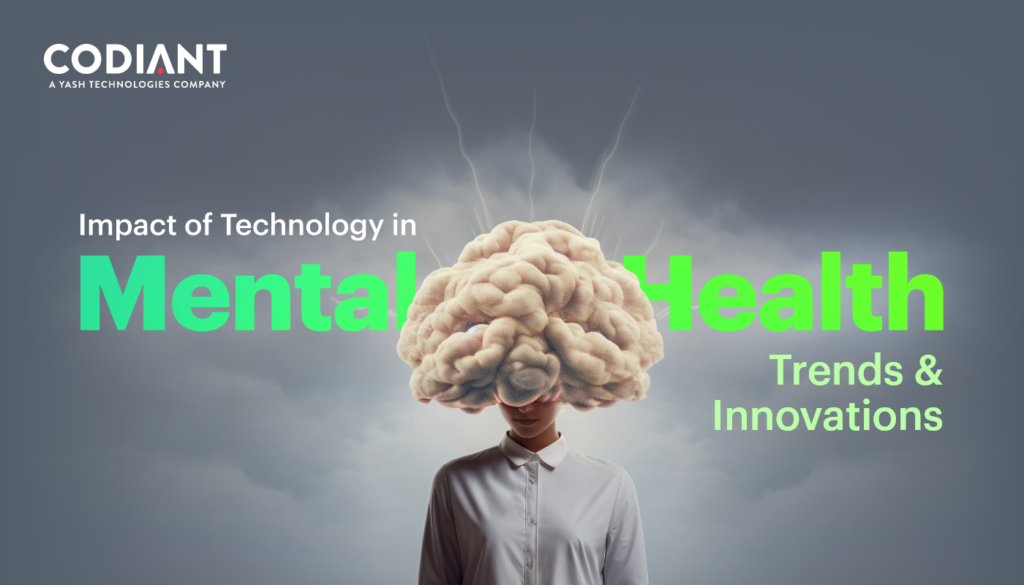
Drawbacks of Digital Addiction on Mental Health
1. Stress from Excessive Screen Time
Overuse of smartphones and tablets leads to mental exhaustion. Studies show that prolonged exposure to blue light negatively affects sleep, which, in turn, impacts mental health.
2. Social Media Addiction
Social media platforms can become a source of mental stress due to constant comparisons with others. This addiction leads to lower self-esteem and increased feelings of anxiety and depression.
3. Digital Isolation
Although technology enables communication, over-reliance on it may result in detachment from real-life social interactions.
4. Distraction and Poor Focus
Constant notifications and ever-refreshing content make it difficult to concentrate on daily tasks, increasing anxiety and reducing productivity.
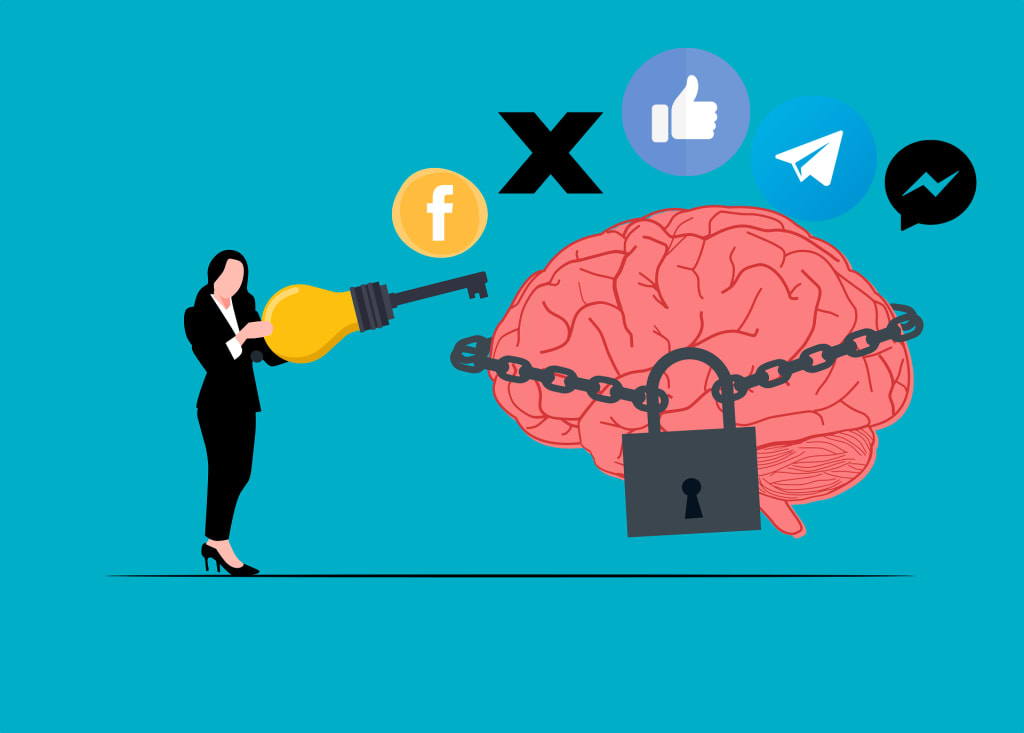
How to Balance Technology Use and Mental Health
- Set Specific Screen Time Limits
Limiting the time spent on devices can reduce their negative impact on the mind. - Engage in Physical and Social Activities
Dedicate time to exercise or meet friends in person to compensate for the hours spent in front of screens. - Use Technology Mindfully
Choose apps that enhance mental health instead of draining it, such as meditation or personal planning tools. - Create Tech-Free Zones and Times
Establish daily periods for disconnecting from devices, such as before bedtime or during meals.
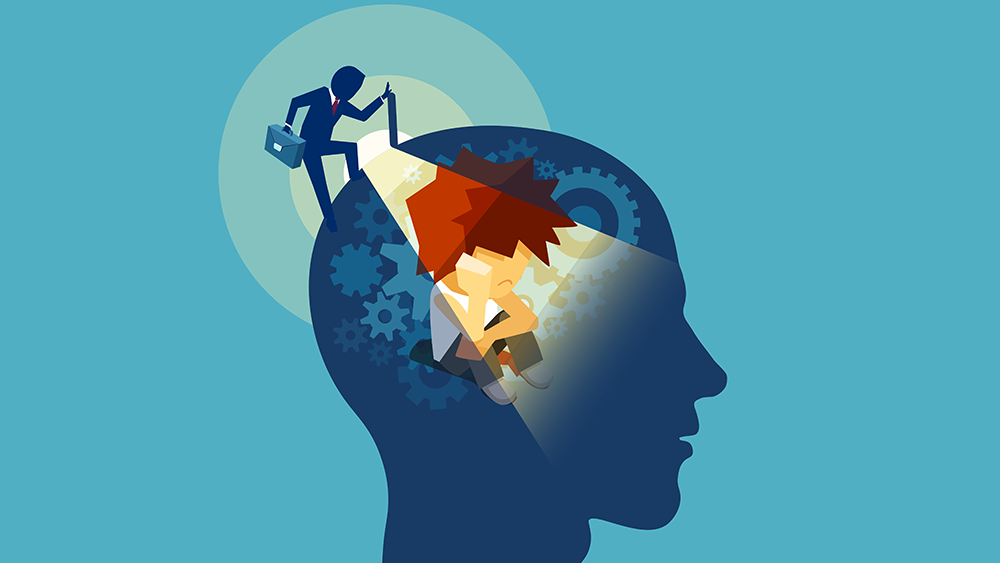
Conclusion
While technology offers countless benefits for improving mental health, excessive and unmindful use can lead to psychological harm. Striking a balance between technology use and other life activities is the key to maintaining good mental health.
Has technology impacted your mental health? Share your experience in the comments!

